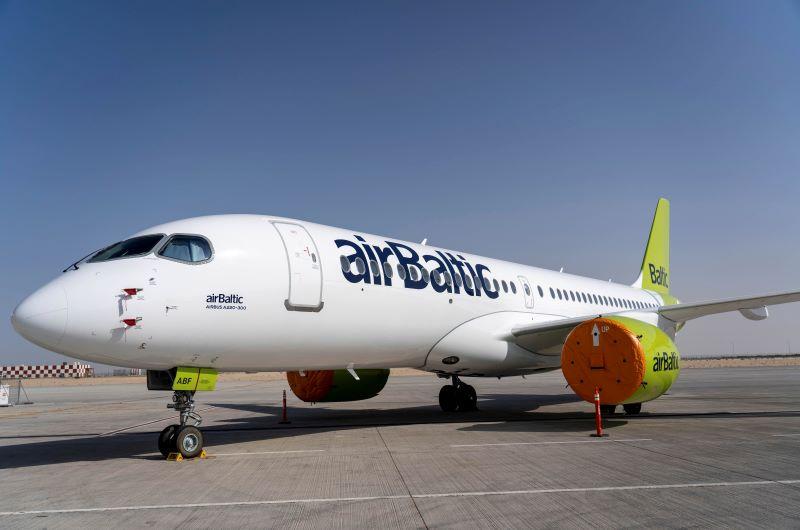
Credit: Airbus
The ongoing shortage of Pratt & Whitney engines has left 10 of airBaltic’s 41 Airbus A220-300s grounded, with 16 engines stuck in the Latvian carrier’s hangars awaiting repair and no resolution in sight. “I’m a very patient and calm person, until it comes to the subject of Pratt & Whitney,”...
Subscription Required
AirBaltic Sees No Short-Term Resolution To A220 Engine Problems is published in Aviation Daily, an Aviation Week Intelligence Network (AWIN) Market Briefing and is included with your AWIN membership.
Already a member of AWIN or subscribe to Aviation Daily through your company? Login with your existing email and password
Not a member? Learn how to access the market intelligence and data you need to stay abreast of what's happening in the air transport community.





